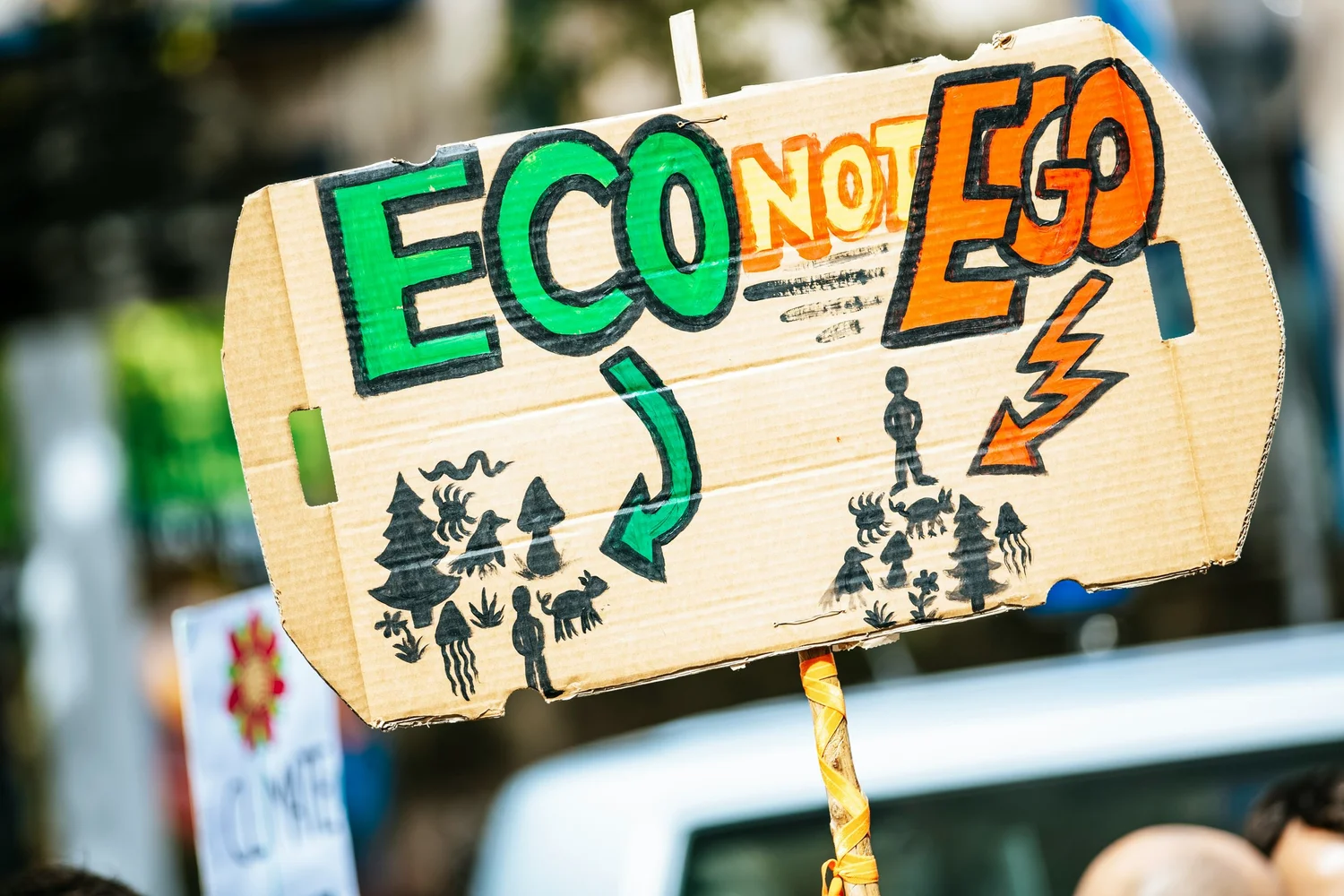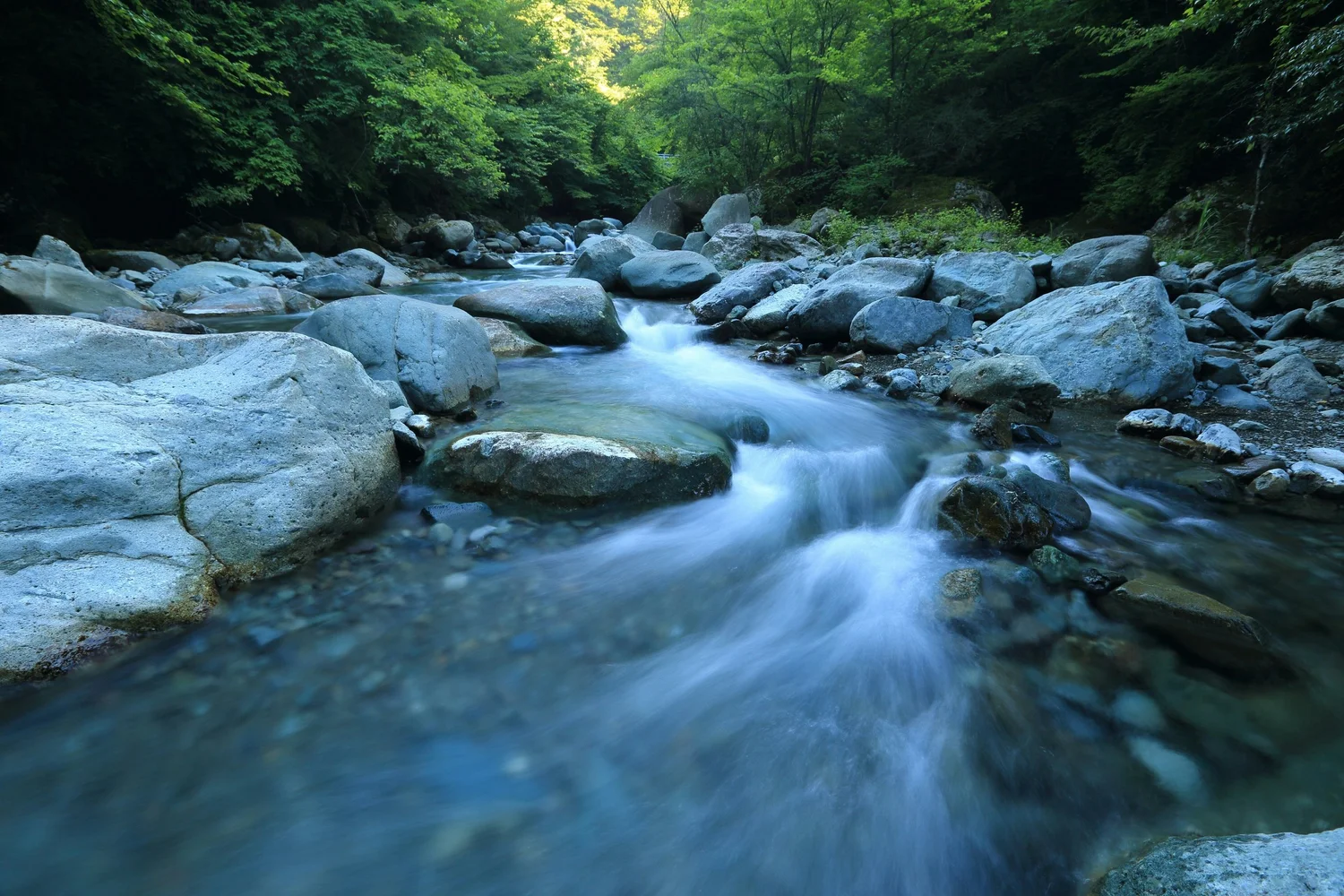Season 3, Episode 16: Nature in Your Life with Thomas and Panu
Description
<figure class="
sqs-block-image-figure
intrinsic
"
>

<figcaption class="image-caption-wrapper">
image credit | Georgy Trofimov
</figcaption>
</figure>
Season 3, Episode 16: Nature in Your Life with Thomas and Panu
In this episode, Thomas and Panu discussed some real-world aspects of nature and our relationship with the natural world, including different values associated with nature and other species, such as scientific, ethical, relationship and experience-based values. Thomas illustrated a spectrum of nature settings, from virtual nature such as art and images in the home, to nearby nature in our communities, to wild and protected places – with opportunities to be a cosmopolitan traveler between these contexts. The conversation evolved into a recognition of nature (in Finnish luonto) as an infinite set of processes and relationships, with nature settings being a doorway or threshold into the interconnectedness and interdependence of all beings. Panu and Thomas also touched on the concept of the “more than human world” (inspired by eco philosopher David Abram) and the need for “recollective practices” (inspired by ecopsychology theorist Andy Fisher) to connect with nature and counteract the divisive aspects of modern technological society.
Takeaways
It is helpful to think of nature not as a thing, but rather a process and set of relationships that is constantly changing.
There are different values associated with nature, including cultural, ethical, and experience-based values.
The spectrum of nature settings ranges from virtual and indoor nature to wild nature, and each setting offers unique opportunities for connection.
Recognizing the essence of a place and its history in deep time can deepen our understanding and appreciation of nature.
Nature is interconnected and interdependent, and recognizing our place in the web of life is essential.
Recollective practices can help us connect with nature and cope with difficult emotions related to climate change.
























